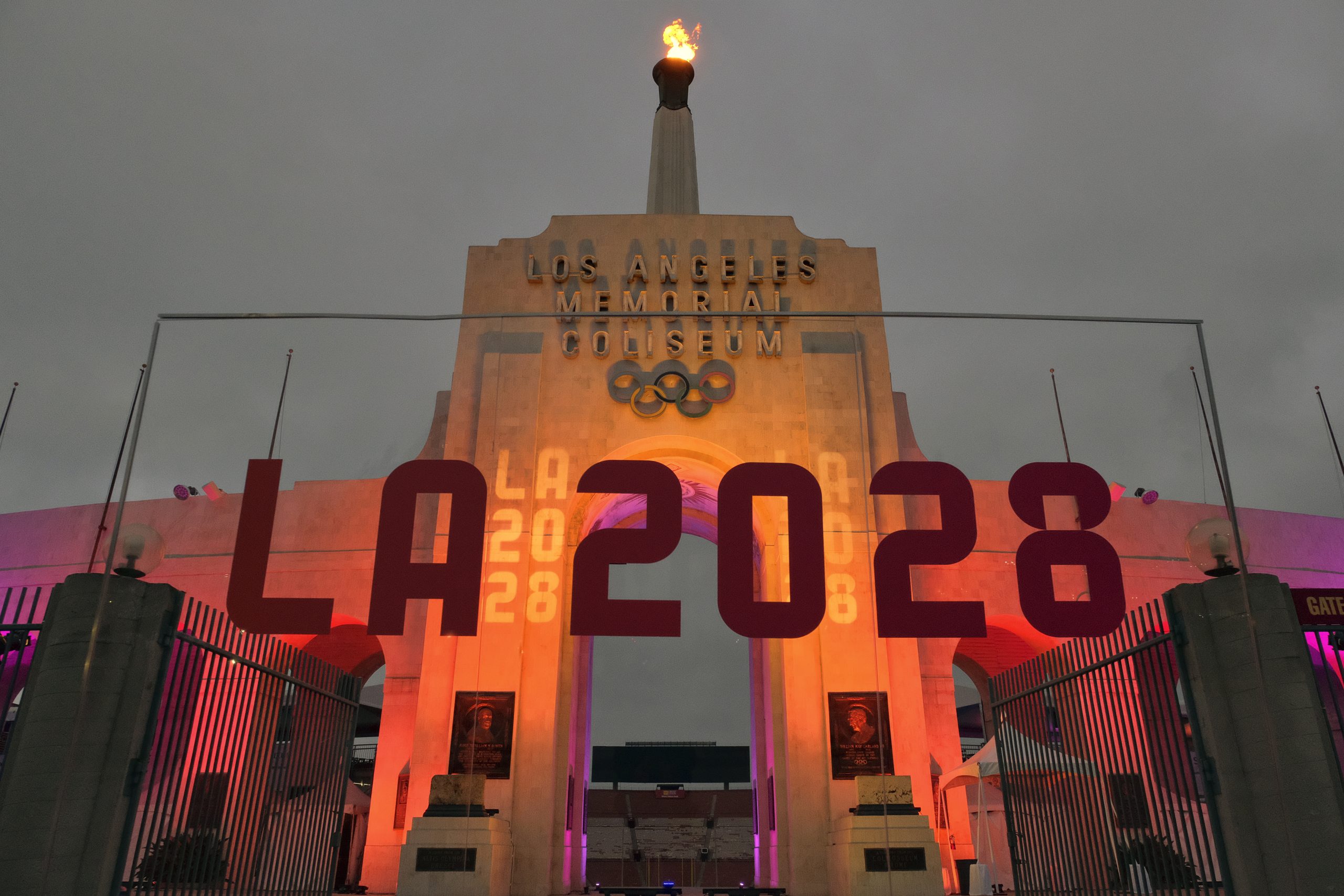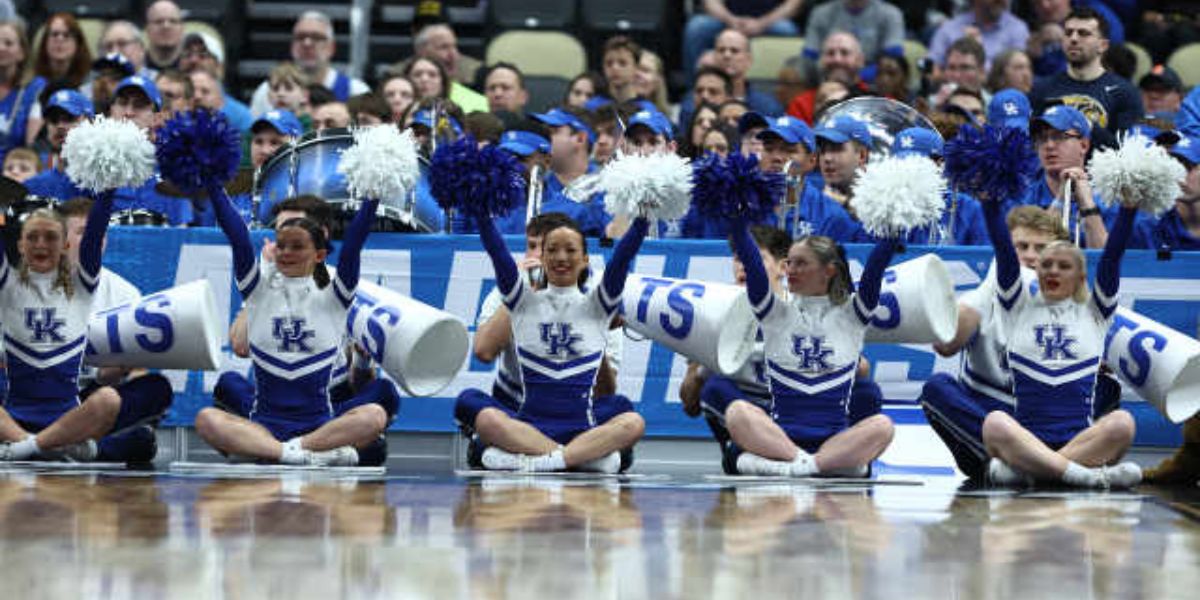At the upcoming Closing Ceremonies on Sunday, Paris Mayor Anne Hidalgo will officially pass the Olympic flag to Los Angeles Mayor Karen Bass, marking the transition of responsibilities and the global spotlight to Los Angeles for the 2028 Olympics.
Some Parisians have taken to social media, sharing breathtaking images of their iconic Olympic venues, like the Grand Palais and the Palace of Versailles, paired with less flattering views of Southern California. While Paris’s dense, historical city center presented unique challenges and opportunities for the 2024 Games, Los Angeles’s sprawling landscape offers a different set of possibilities for 2028.
Despite the comparisons, L.A. officials are confident in their ability to deliver a spectacular event, potentially at a lower cost than Paris. Casey Wasserman, chairman of LA28, acknowledged that while Los Angeles may lack a landmark like the Eiffel Tower, it boasts other famous sites, including the Hollywood sign and numerous world-class venues.
City officials, police, and LA28 organizing committee members spent the last two weeks in Paris observing the events, gathering insights to bring back to Los Angeles. Mayor Bass emphasized her goal for a “no-car Games” similar to Paris’s approach, which would be a significant challenge in a city as car-centric as L.A. However, she believes it is crucial to ensure that the entire city feels connected to the Olympic experience.
Los Angeles has a history of hosting profitable Olympics, as seen with the 1984 Games. With an estimated budget of $6.88 billion for 2028, L.A. organizers plan to avoid the high costs of temporary event spaces by utilizing existing venues, including the University of California, Los Angeles (UCLA) as the athletes’ village.
French officials have cautioned their American counterparts about the challenges ahead, noting that while four years might seem distant, it will pass quickly when organizing an event of this magnitude.
Transportation is another significant hurdle. L.A.’s bid for the Olympics included promises of improving public transportation, a major issue in a city known for its traffic and poor air quality. Paris faced its own transportation challenges, with the Grand Paris Express, a massive new metro network, still incomplete and delayed until at least 2030.
L.A. is counting on a subway extension to link downtown to UCLA by 2027, potentially reducing travel time from two hours to just 30 minutes. However, the city’s ambitious plans for 28 new transportation projects by 2028 are unlikely to be fully realized. Despite this, Bass remains committed to the idea of public transportation being the primary mode of travel during the Games.
Sustainability is another focus area for the 2028 Olympics. Los Angeles, like Paris, faces the challenge of balancing environmental goals with the realities of hosting a global event. Paris aimed to make the 2024 Olympics the first carbon-neutral Summer Games, but this goal was later revised due to the difficulty of offsetting millions of flights and other emissions.
While Los Angeles has pledged to make lasting environmental improvements, some initiatives, like forgoing air conditioning in the Olympic Village or increasing plant-based food options, may face pushback, as seen in Paris. Nevertheless, Bass remains committed to drawing inspiration from Paris’s efforts and implementing “more responsible” practices in L.A.
Security is another critical concern. The Paris Opening Ceremonies involved hundreds of thousands of spectators along the Seine, presenting significant security challenges. L.A. organizers are keen to learn from Paris’s experience, particularly in managing large crowds safely. Mayor Bass has indicated that while Los Angeles will take security seriously, the city might avoid replicating Paris’s high-risk scenarios.
Also Read:
- Tom Cruise and Other Big Names at the Olympics Closing Ceremony: What You Need to Know
- Simone Biles and Rebeca Andrade Showcase Peak Performance at Advanced Ages in Olympics
As Los Angeles prepares to take the Olympic stage in 2028, the city faces immense challenges but also has the opportunity to showcase its unique character and capabilities to the world.







